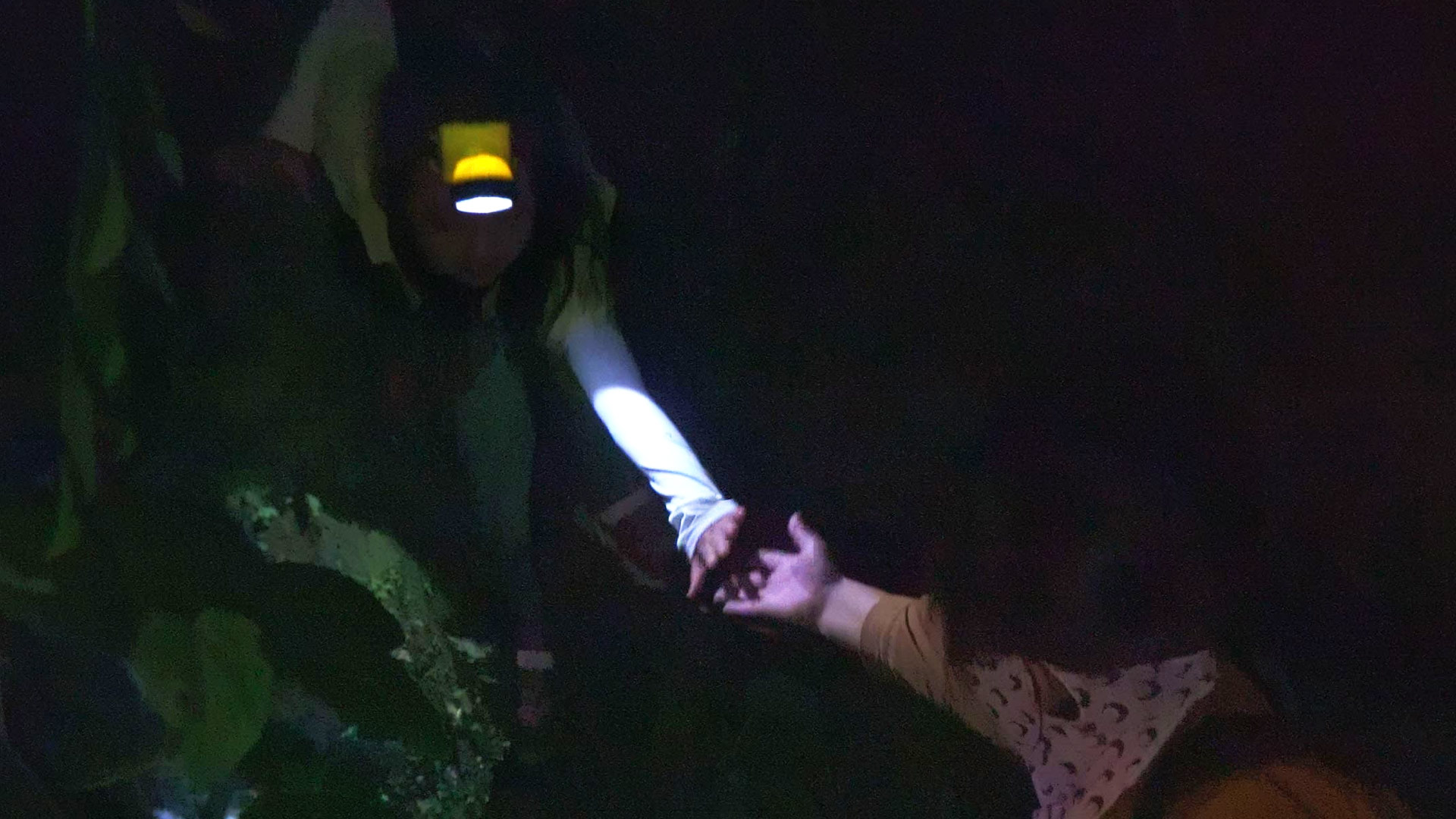Beyond Utopia is a pulse-pounding documentary about escaping North Korea

The stakes for North Korean refugees are life-and-death in the jittery, shockingly real doco Beyond Utopia. Luke Buckmaster says he still can’t shake some scenes of an escaping family.
Beyond Utopia
Madeleine Gavin’s Beyond Utopia is a gripping, at times gasp-inducing documentary that begins with an intertitle declaring no scenes contain re-enactments; all footage is real. This is necessary because much of what we see—which is far beyond the ken of most viewers, not to mention outside our life experiences—captures terribly grim and dangerous circumstances. The stakes cannot be higher for the film’s desperate subjects, who are defectors from North Korea: people who have escaped, or are escaping, from the hermit kingdom.
Other subjects are people assisting them on their journey including Kim Sungeun, a pastor and human rights activist who has saved the lives of an estimated 1000 defectors over the last couple of decades. Therefore a hero by anybody’s definition, other than perhaps North Korean authorities, who reward border patrol soldiers for killing anybody caught trying to flee.
Escaping is perilous for many reasons. The demilitarised zone separating North from South Korea is a no-no, filled with landmines. If defectors head to China and are caught by officials, they’re arrested and returned to their home country, where they face torture and potential execution. But they can potentially be moved through China into a neighbouring nation, then into South Korea—a very difficult and perilous journey.
One key narrative arc follows the Roh family: a family of five, including two young children, who, assisted by Sungeun, make a desperate trek across Chinese mountains and jungles. Some of the footage…you wish it wasn’t real, you wish it didn’t happen. To say these scenes gives you the feels is an epic understatement; they hit you right in the heart. I can still vividly recall the Rohs in my mind’s eye, weeping, begging for help. In a twist that reminded me, for obvious reasons, of Barry Jenkins’s series The Underground Railroad, Sungeun and co. use a network of, indeed, underground railroads to shepherd defectors to safety, through China as well as Vietnam and Laos.
In addition to these on-the-ground (or underground) threads, which provide escape sequences of the most real, hair-rising kind, the film integrates a potted history of North Korea, recapping the rise of its leaders, it status as a nuclear power, the sheer tyranny of this regime, plus interesting factoids including how authorities “basically plagiarized the bible,” in effect inventing their own quasi-religion to exalt the Dear Leader.
The way Gavin alternates between the film’s two foundational elements sometimes feels a little sharp and disconnected, but that’s a minor quibble. The escape elements are the most compelling and certainly the most unique bits, giving the film a jittery, shockingly real intensity.



















